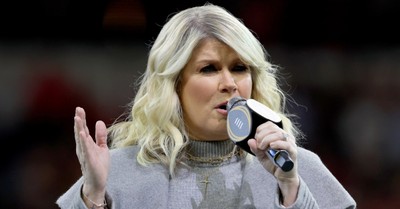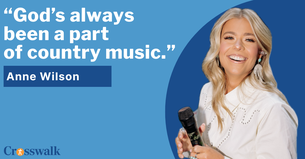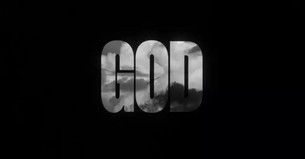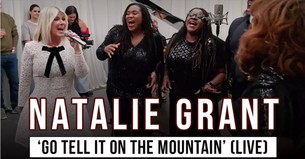Christian Music
Christian Music Videos and News
Christian music reviews, news and interviews of the top artists in today's Christian music genre on CrossWalk.com! Read reviews or watch interviews of your favorite Christian bands, and then comment to let others know what you think of the latest release or concert! In addition, you can listen to all you favorite Christian music artists on CrossWalkRadio. You can also find movie reviews, Christian video, Christian news and much more all free on Crosswalk.com









